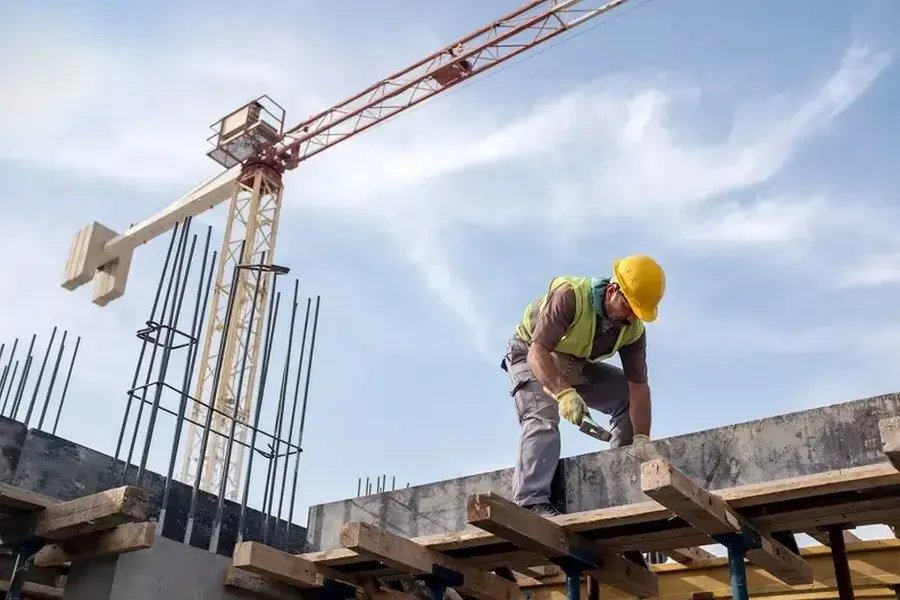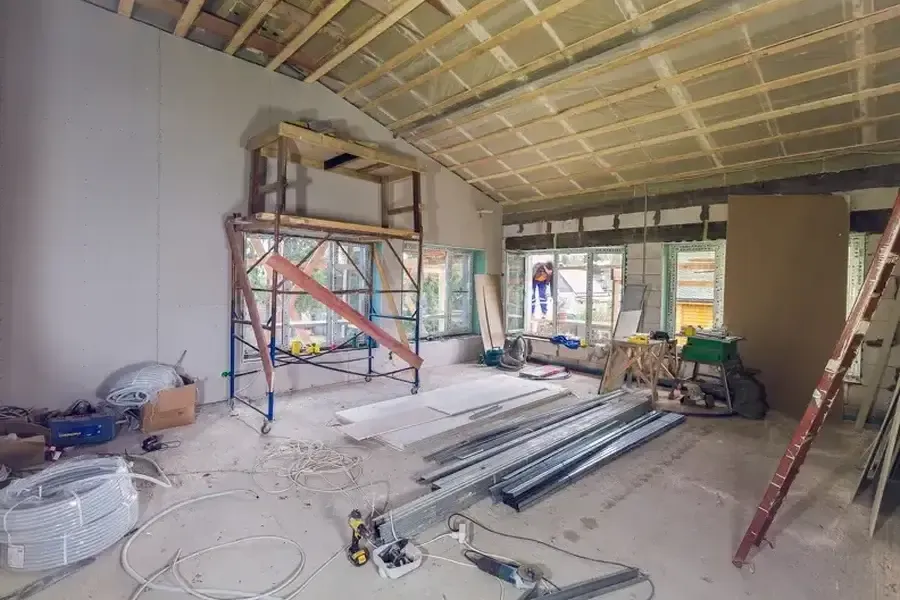The Role of Land Grading in Water Management and Structure Safety
When it comes to construction, land grading is a crucial yet often overlooked aspect. Proper grading ensures that water flows away from buildings, preventing flooding and damage. Without it, water can collect near structures, leading to long-term problems like foundation erosion. Understanding the impact of land grading on both drainage and structural stability is essential for any successful building project.

Why Is Proper Land Grading Important?
Land grading is vital because it helps manage water flow. It protects homes and buildings from moisture-related issues. The process involves leveling or sloping the ground to guide water runoff effectively. Besides avoiding water damage, proper grading also keeps landscapes attractive and functional.
How Does Land Grading Improve Structural Integrity?
Grading plays a critical role in maintaining the structural integrity of buildings. By directing water away from foundations, it prevents soil saturation, which can weaken the ground supporting structures. Construction services that include land grading ensure the longevity and safety of buildings by minimizing risks associated with poor drainage.

Common Problems Due to Inadequate Land Grading
Poor land grading can lead to various problems. These include water pooling, basement leaks, and increased humidity levels indoors. Over time, these issues can cause significant damage to property and require costly repairs. Additionally, improper grading may result in uneven surfaces, creating hazards for residents and visitors alike.
Steps to Ensure Effective Land Grading
Effective land grading involves several important steps:
- Assess the natural slope of the terrain
- Create a detailed plan for water drainage
- Use appropriate equipment for leveling
- Consult with professional Construction Services
Best Practices for Maintaining Graded Landscapes
Maintaining a graded landscape is key to ensuring its effectiveness over time. Regular inspections help catch early signs of erosion or subsidence. Adding mulch or plants can stabilize soil further. It’s also wise to keep drainage systems clear of debris to maintain optimal water flow.
Industry Standards and Requirements for Land Grading
The industry sets specific standards for land grading to ensure safe construction practices. These guidelines define acceptable slopes and drainage methods tailored to different environments. Following these standards minimizes legal risks and guarantees compliance with local regulations.
Understanding Costs Associated With Land Grading
Costs for land grading vary based on factors like terrain complexity and project size. While initial expenses might seem high, they offer value by preventing future damage costs. Investing in expert grading services ensures you get the best results without compromising quality.
Secure Your Project’s Future With Professional Services
Ensuring effective land grading is an investment in your property’s future stability and safety. For reliable assistance, contact us today at (254) 239-3825. Our team at JF Construction LLC has extensive experience in providing top-notch solutions in Waco, TX. Let us help you protect your investments through expert land management practices.
